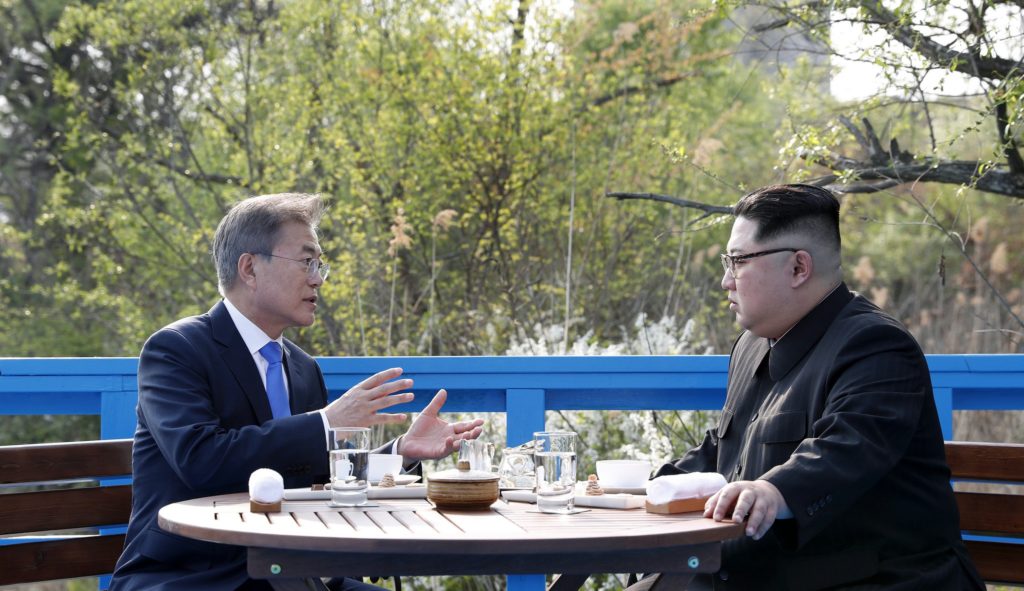The Peninsula
Family Reunions Should Be a Priority in Inter-Korea Relations

By Jenna Gibson
This August, a group of around 100 Koreans from both sides of the DMZ will be able to reunite with family members for the first time since 2015, allowing some relatives to see each other for the first time in more than seven decades.
The enduring separation of families is one of the most tragic legacies of the post-WWII separation of the two Koreas. Because of North Korea’s extreme isolation, many South Koreans with family in the North have been completely unable to contact their relatives or in some cases even confirm that they’re still alive.
South Korea has 56,000 people registered as a separated family member, according to the Ministry of Unification. This is down from the 80,000 still alive during the most recent reunion event in 2015. And with most of these family members in their 70s, 80s or even 90s, there is no time to waste on politics. In fact, successive South Korean administrations have tried to divorce these reunion events from political considerations, but to no avail. Perhaps now, with the reserve of goodwill built up from two inter-Korean and the historic Trump-Kim summits, the dream of having regular, large-scale reunion events can finally become a reality.
In the past, family reunions have been held during periods of tension, and have been used as a way to build trust and restore some amount of goodwill between the governments of the two Koreas. In 2015, for example, family reunions came after a tough negotiation over a North Korean mine attack in the DMZ that left two South Korean soldiers severely injured. And in 2013, North Korea cancelled a planned reunion, citing the Park Administration’s hardline policies as a sign of bad faith from Seoul.
Now, however, the process is working in reverse – rather than using the reunions as a means to an end, the Moon Administration rightly being sees them as a priority worth spending hard-earned political capital to achieve.
With that being said, it is important to keep in mind that these events unfortunately do have political implications, and that they are going to be taking place amidst what will likely be a difficult and drawn-out negotiation process over North Korea’s nuclear program. So it’s important to make it clear that positive events like the reunions, or similarly positive agreements like the repatriation of American soldiers’ remains – should not be considered concessions on the part of the North Koreans. They are not concessions – they are baseline humanitarian activities that should never have been needed in the first place.
In this way, while I was pleased to see the repatriation issue highlighted and prioritized in the Singapore Statement, it was disappointing to see it listed next to the denuclearization issue, as if it were part of a tit-for-tat agreement between the two countries. I am incredibly happy to see families reunited in some way at long last, but North Korea should not get to use the family reunions or repatriations – things they should be doing as much as they can anyway – to demand further compromises from South Korea or the United States.
It will be amazing to see a group of families reunited this summer, even if just for a short meeting. All sides should work to make this a regular occurrence, and to expand the number of participants as much as possible. After all, there are tens of thousands of South Koreans on the waiting list, and there is no time to waste in helping them see loved ones again after such a long separation.
Jenna Gibson is the Director of Communications at the Korea Economic Institute of America. The views expressed here are the author’s alone.
Photo from the Republic of Korea’s photostream on flickr Creative Commons.
